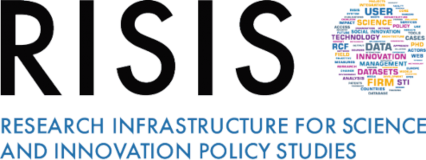
- This event has passed.
Research Seminar #30: A novel methodology to disambiguate organization names: a key step toward a dynamic analysis of EU Framework Programmes
Nov 15, 2023 @ 12:30 pm - 2:00 pm
Presenter: Andrea Ancona, Department of Social and Economic Sciences, Sapienza University of Rome, Italy
Discussant: Ludo Waltman, Leiden University, The Netherlands
Abstract
The concept of collaborative R&D has been increasing interest among scholars and policy-makers, making collaboration a pivotal determinant to innovate nowadays. The availability of reliable data is a necessary condition to obtain valuable results. Specifically, in a collaborative environment, we must avoid mistaken identities among organizations. In many datasets, indeed, the same organization can appear in a non-univocal way. Thus its information is shared among multiple entities. In this work, we propose a novel methodology to disambiguate organization names. In particular, we combine supervised and unsupervised techniques to design a“hybrid” methodology that is neither fully automated nor completely manual and easy to adapt to many different datasets. Thus, the flexibility and potential scalability of the methodology make this paper a worthwhile contribution to different research fields. We provide an empirical application of the methodology to the dataset of participants in projects funded by the first three European Framework Programmes. This choice is because we can test the quality of our procedure by comparing the refined dataset it returns to a well-recognized benchmark (i.e., the EUPRO database) in terms of the connection structure of the collaborative networks. Our results show the advantages of our approach based on the quality of the obtained dataset and the efficiency of the designed methodology, leaving space for the integration of affiliation hierarchies in the future. One of the main interests concerns the temporal analysis of such collaborative networks, both in a scientific and in a European policy context. The purpose of this study is to investigate these long-lastingcollaborative relationships between the organizations that received funds by all the first eightEuropean Framework Programmes (EU FPs). Considering participation in European projects funded by all the first eight EU FPs gives us the possibility to analyze the dynamics of collaborations in the context of European research projects over a long-time span. In more detail, we adopt a novel approach to model the dynamics of participation in EU FPs by means of Social Network Analysis (SNA)and statistics tools. The main objective is to estimate the probabilities of moving from one position to another-in terms of centrality measures across different FPs and to understand if the position within subsequent collaborative research networks is affected by a certain path dependency. Our results confirm the existence of a path dependency in the sense that participating in previous FPs provides a competitive advantage to organizations due to several network benefits, such as growing experience, competencies, and popularity. The phenomena of “preferential attachment” are also evident. Finally, we find that the estimated probability transition matrices are able to highlight relevant events that affected the European Union and its strategies in the field of research, which are the Treaty of Maastricht and the adoption of the European Research Area (ERA).”
REGISTRATION FORM





